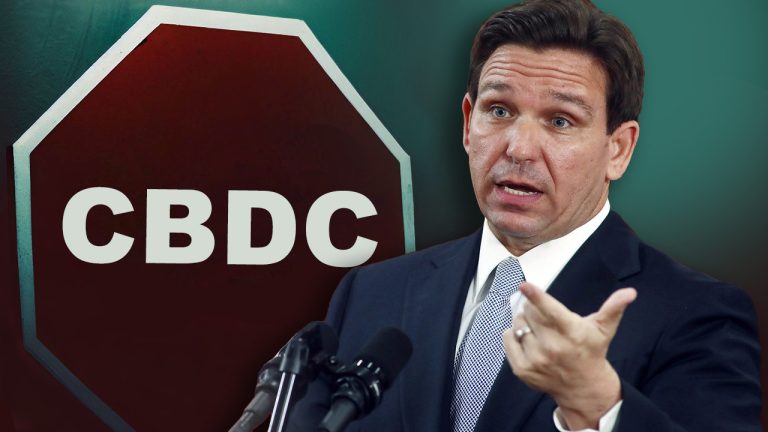
The Biden Administration emphasized the responsibility of these companies in ensuring the safety of their products.
The White House announced on July 21, that prominent artificial intelligence (AI) companies, such as OpenAI, Google and Microsoft, have made commitments to create AI technology that is safe, secure and transparent. Additionally, the White House acknowledged other companies like Amazon, Anthropic, Meta and Inflection for also committing to AI safety.
The Biden Administration emphasized the responsibility of these companies in ensuring the safety of their products. The goal is to harness AI's potential while promoting the highest standards in its development.
Kent Walker, Google's President of Global Affairs, acknowledged that achieving success in AI requires collaboration. He expressed satisfaction in joining other leading AI companies to support these commitments and assured that they will continue to work together by sharing information and best practices.
Among the commitments are pre-release security testing for AI systems, sharing best practices in AI safety, investing in cybersecurity and insider threat safeguards and enabling third-party reporting of vulnerabilities in AI systems. Anna Makanju, OpenAI's VP of Global Affairs, stated that policymakers worldwide are contemplating new regulations for advanced AI systems.
In June, bipartisan U.S. lawmakers introduced a bill to create an AI commission, addressing concerns in the rapidly growing industry. The Biden Administration says it is collaborating with global partners like Australia, Canada, France, Germany, India, Israel, Italy, Japan, Nigeria, the Philippines and the UK to establish an international framework for AI.
According to Microsoft President Brad Smith, the company is endorsing all of President Biden's voluntary commitments and independently committing to additional practices that align with these crucial objectives. By doing so, Microsoft aims to expand its safe and responsible AI practices and collaborate with other industry leaders.
Related: AI21 Labs debuts anti-hallucination feature for GPT chatbots
Global leaders, including the United Nations Secretary-General, have expressed concerns about the potential misuse of generative AI and deepfake technology in conflict zones. In May, the Biden administration met with AI leaders to establish the groundwork for ethical AI development and announced a significant $140 million investment in AI research and development by the National Science Foundation.
The administration emphasized that these immediate commitments by the companies highlight the essential principles of safety, security and trust, signifying a crucial step towards the responsible development of AI.
Magazine: AI Eye: AI travel booking hilariously bad, 3 weird uses for ChatGPT, crypto plugins














